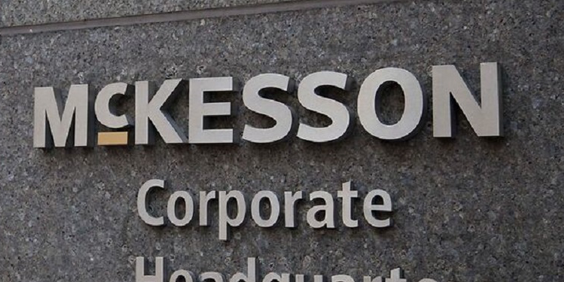The McKesson Case – A Holiday Gift from Justice Boyle of the Tax Court of Canada: Ask and You Shall Receive(able) – Canada’s Latest Transfer Pricing Decision
On Friday, December 20th, the Tax Court of Canada released the long-awaited and lengthy decision of Justice Patrick Boyle in McKesson Canada Corporation v. The Queen, a case involving transfer pricing adjustments under section 247 of the Income Tax Act (the “Act”) and the limitation period in Article 9(3) of the Canada-Luxembourg Tax Convention. McKesson Canada is the principal Canadian operating company in the McKesson Group. The core business of the McKesson Group and of McKesson Canada is the wholesale distribution of “over the counter” and prescription pharmaceutical medicine products. Effective December 16, 2002, McKesson Canada and its Luxembourg parent company, MIH, entered into a Receivables Sales Agreement (the “RSA”) and a Servicing Agreement. Under the RSA, MIH agreed to purchase all of McKesson Canada’s eligible receivables as of that date (about $460,000,000) and committed to purchasing all eligible receivables daily as they arose for the next five years unless earlier terminated as provided for in the RSA and subject to a $900,000,000 cap. The price to be paid for the receivables was at a 2.206% discount to their face amount (if one takes into account that historically receivables were paid on average within 30 days, this rate equates to an annual financing rate of approximately 27%). The Canada Revenue Agency reassessed McKesson Canada’s 2003 taxation year on the basis that if the RSA had been made between arm’s length parties the Discount Rate would have been 1.013% and made a transfer pricing adjustment under section 247 of the Act of $26,610,000 (the taxation year of McKesson Canada under appeal ended March 29, 2003, and was approximately three and a half months long – the annualized transfer pricing adjustment was therefore approximately $80,000,000). The Tax Court trial lasted 32 days over a period of five months from October 2011 to February 2012 and following the Supreme Court of Canada’s decision in Canada v. GlaxoSmithKline Inc. in October 2012, both parties made further written submissions. Under the RSA, eligible receivables were trade receivables owing by arm’s length customers not in default and whose receivables would not represent in the aggregate more than 2% of McKesson Canada’s then-outstanding receivable pool. However, the 2% concentration limit on eligibility did not apply to McKesson Canada’s largest customers who accounted for about one-third of the sales. MIH had the right to put non-performing receivables back to McKesson Canada for a price equal to 75% of the face amount to be later re-adjusted to the amount actually collected and MIH did not otherwise have recourse against McKesson Canada for unpaid purchased receivables. The receivables under the RSA were expected to be collected in a short period of time (historically, payment was made by customers in 30 days) and the historical bad debt experience was .043%.


